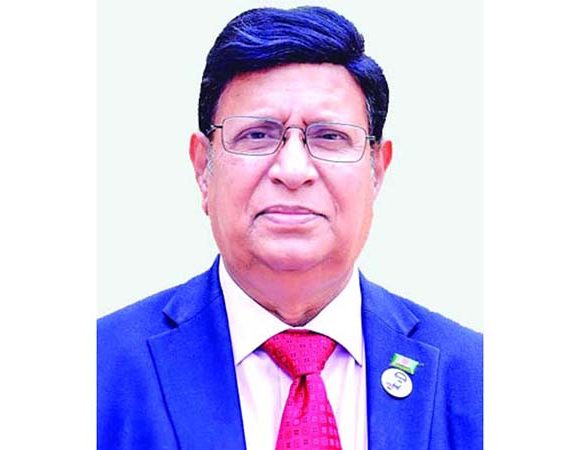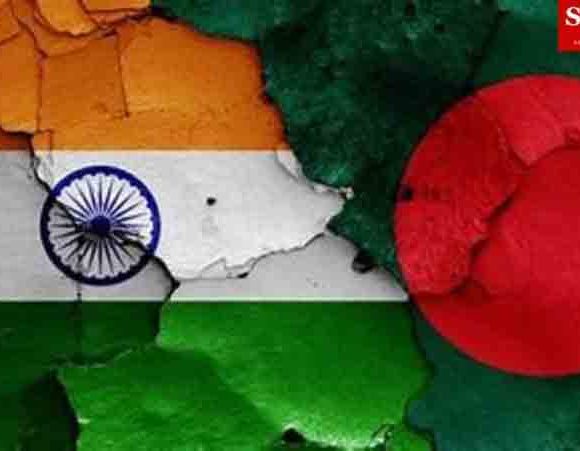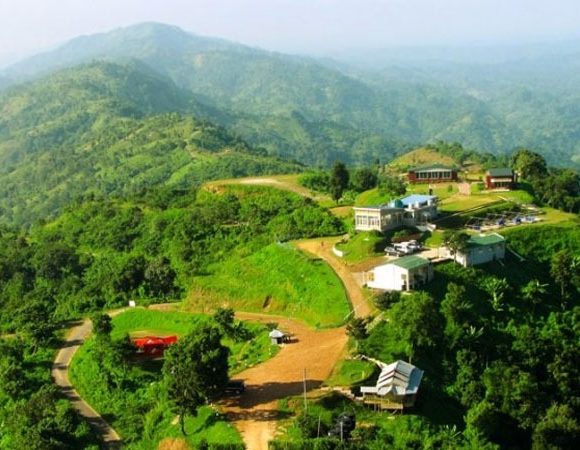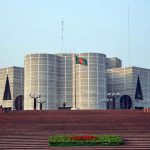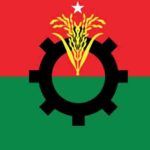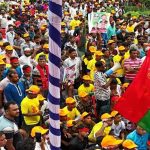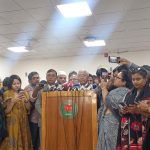Government mainstreaming ethnic communities for inclusive development
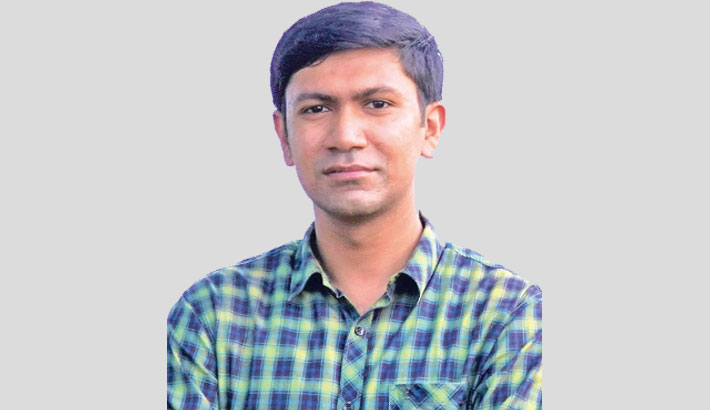
MD. ZAKI FAISAL
Bangladesh is a multi-dimensional and multi-communal country. Article 23A of the Constitution of the Government of the People’s Republic of Bangladesh provides opportunities for the preservation and development of tribal, ethnic minorities, ethnic groups and other characteristic regional cultures and traditions.
Ethnic groups or indigenous peoples worldwide speak over 7,000 languages and represent more than 5,000 different cultures. Although they make up less than 5 percent of the world’s population; 15 percent of the world’s poorest people are indigenous or ethnic group people. In many parts of the world, indigenous peoples or ethnic groups are marginalised and their rights are being violated. Communities are still struggling to ensure that their culture, traditions, customs, language and existence are recognised, respected and promoted by their governments and fellow citizens. In many countries, debates about indigenous peoples and ethnic groups are ongoing. However, the Bangladesh government is adopting a positive strategy in this regard. The United Nations Division of the Ministry of Foreign Affairs of Bangladesh and the Ministry of Chittagong Hill Tracts Affairs separately issued instructions to identify the tribal groups of Bangladesh as Tribes or Ethnic Groups rather than as Indigenous in order to end the Indigenous and Ethnic Group debate. Its main objective is to ensure inclusive development in all spheres of the country.
The agenda of development involves rights. The progress that ignores the agenda of rights or violates rights cannot be seen as development at all. In many countries, the neoliberal development concept of the 1980s and 1990s continues till now, where the issue of rights is not taken into account. Realising this reality, world leaders have moved away from the Millennium Development Goals (MDGs) and are committed to implementing the Sustainable Development Goals (SDGs). As a welfare state, Bangladesh has pledged to implement the SDGs. The core of the SDGs is: No one will be left behind. Those who are backward, development work should be started with importance.
According to The Population and Housing Census 2022, the population of minority ethnic groups in the country is 16 lakh 50 thousand 159, which is about 1 percent of the total population. Among them, the number of women is slightly higher. 50 ethnicities of the country were mentioned in the census. Government efforts to uphold their rights have seen some positive changes, reflected in the Seventh National Five Year Plan and the Eighth National Five Year Plan. Although the tribes have cultural distinctness, they are considered as an integral part of the core population.
The Government of Bangladesh is committed to the educational development of tribes, ethnic minorities, ethnic groups and other communities. In 2010, the present government formulated a new education policy and took the initiative of primary education in the mother tongue of minority ethnic groups in Bangladesh. The government has released pre-primary textbooks in six languages to ensure inclusive education for ethnic minority children, which can be considered a very much encouraging initiative. From January 2017, pre-primary education programs in their own languages have been started for Chakma, Marma and Tripura ethnic groups in Chittagong Hill Tracts and textbooks written in their mother tongue are distributed free of cost. The government has taken several steps including reservation of education quota for their overall development. As the culture, language, tradition, knowledge and existence of tribes, small ethnic groups and other communities are being protected through this commendable step, it is also considered as the right initiative to take a step forward in the countries education sector.
The government is working earnestly to recognise and show honour to the contribution of minority people at the national level. Mathura Bikas Tripura, Director of Jabarang Welfare Association, Khagrachhari, was awarded the ‘Ekushey Padak’ in recognition of his contribution to language preservation.
The 1997 Peace Accord gave the hill communities the right to self-determination. Maybe there are some limitations in practicing it but this bold initiative of the government certainly deserves appreciation. As we know, the regional councils do not have the autonomy they were supposed to have. There is no provision to get back the land they are losing. But as a result of this agreement, they got a ministry, a platform to express their demands.
The present government’s support for the hill and plains ethnicities has always been there. It was reflected in their election manifesto in 2008. The decision to repeal the Vested Property Act is also an important decision. This law was also not implemented for a long time. The decision to amend the Act by removing the reasons why the Vested Property Act has not been implemented is also very strong. I think the government has taken a visionary and correct decision in this case as well. Besides, most of the clauses of the Hill Tracts Peace Accord executed in 1997 have been implemented and the progressive mindset of the government has been revealed. According to the information in the 2020-21 annual report of the Ministry of Chittagong Hill Tracts Affairs, out of 72 sections, 48 sections have been fully implemented so far, 15 sections have been partially implemented and 9 sections are in process of implementation. According to the agreement, about 33 public welfare issues have been handed over to the three hill district councils.
In addition, the government has undertaken various activities to meet the basic needs of the tribal population, including poverty alleviation, ensuring food security, providing quality education, proper health facilities etc. to accelerate the implementation of the Sustainable Development Goals (SDGs) and to ensure inclusive development. The government’s role in combating the coronavirus and bringing the ethnic population under vaccine coverage on an urgent basis also deserves wide praise. However, in the implementation of the SDG 2030 Agenda and to uphold Bangladesh’s position in the list of developed countries by 2041, more time-effective and practical development plans are needed, including the establishment of the basic rights of this ethnic population. An integrated plan can be adopted in the field of education where the mother tongue, culture and other aspects of the tribal communities can be integrated into the mainstream education system. The government can undertake special activities to promote mainstream economic activities and bring about economic self-sufficiency while maintaining their own identity. The government needs to take necessary steps to inculcate in them the belief that the tribal people are also the mainstream population in Bangladesh and their contribution is beneficial to the country, which will surely help to ensure inclusive development in Bangladesh.
The writer is a development practitioner and researcher, and MSS in Government and Politics from Jahangirnagar University, Bangladesh and can be reached at zfaisalju@gmail.com

